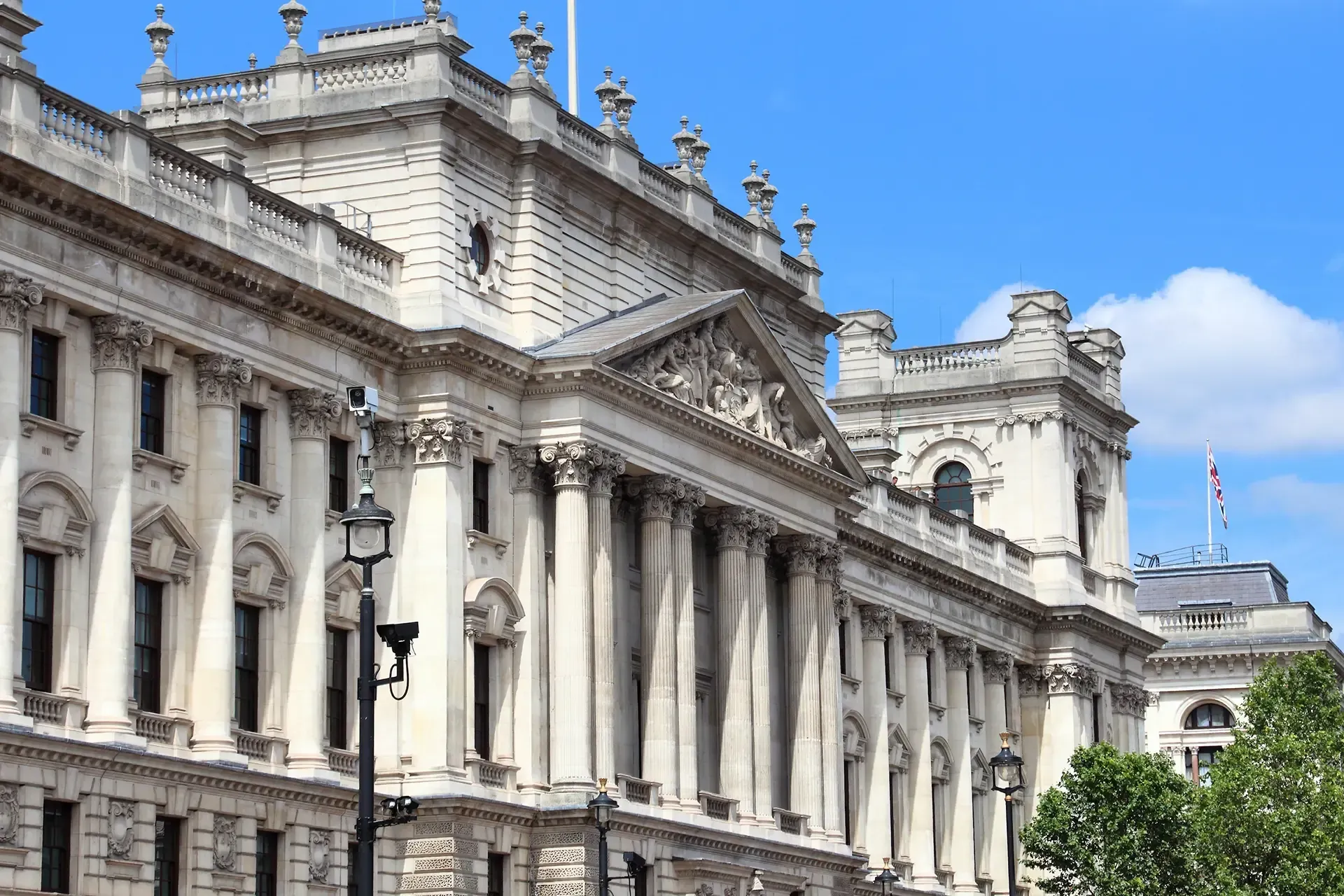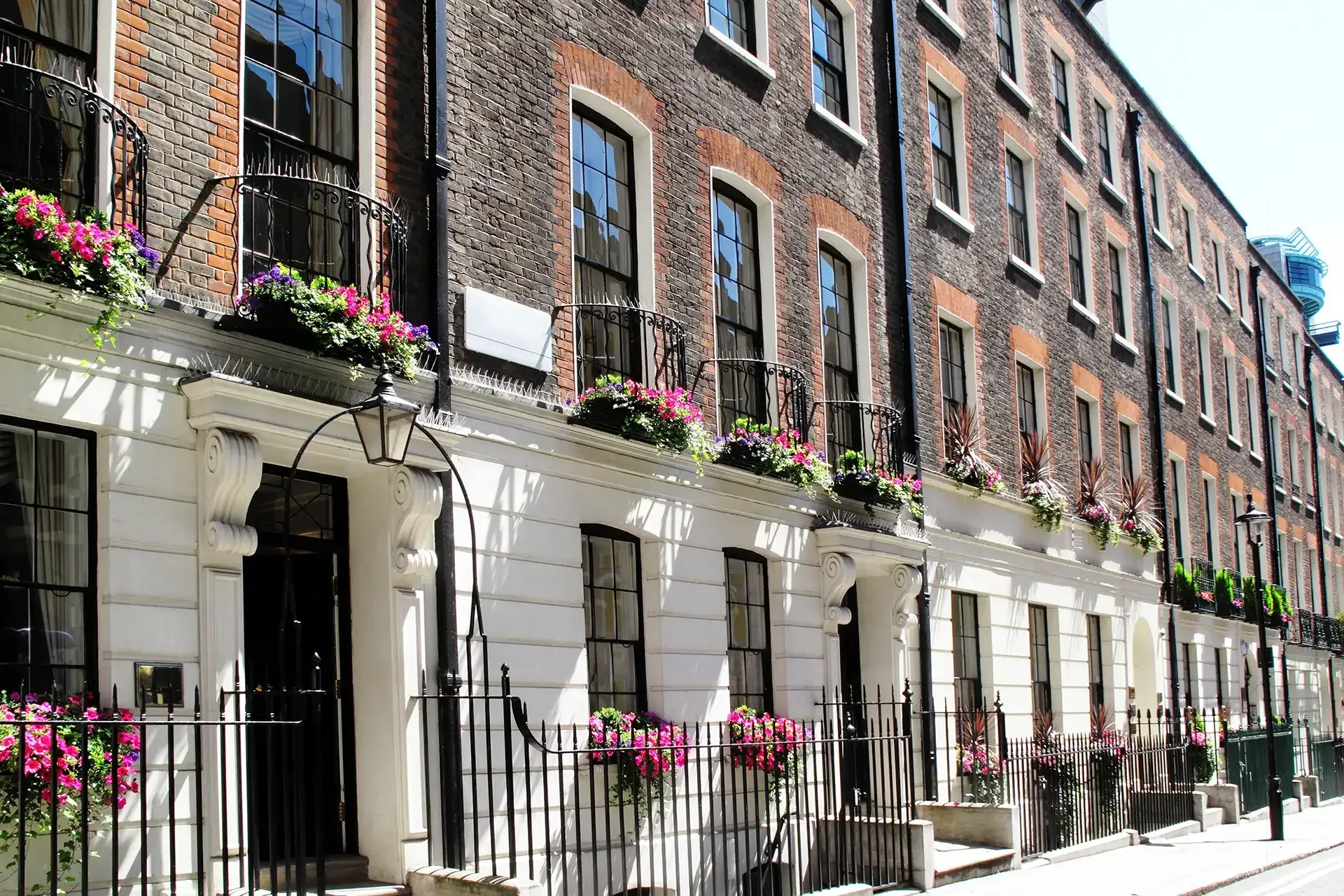Can I put private school fees through my business?
It's natural that we want the best for our children and many parents choose private, independent schools so they can benefit from their superb facilities, resources and learning programmes.
Whilst private school fees are not a tax deductible expense for Corporation Tax purposes, you can structure the shareholding of your family company such that private school fees are funded from profits and use up the children's tax free allowances.
Such privileges do not come cheap, and private schools in the UK average at around £15,000 per year, that's almost £200,000 per child for the course of their primary and secondary education - and that's before university fees.
The good news is that for multi-generation business owners there are legitimate ways in which to reduce the costs of private school fees to ease the financial burden.
For a family business where you have grandparents as shareholders, this type of profit extraction is more tax efficient way to fund grandchildren’s education. Walji assist family business owners to identify many tax efficiencies such as this.
If you would like to find out what we can do to help you become more tax efficient, please complete the form below to apply for a free, 20-minute consultation on your particular circumstances.
Are private school fees tax deductible?
There is no tax relief on private school fees, but there are ways to reduce the cost private education using a family owned business where grandparents are already involved.
Chances are that you and grandparents are currently funding your children's private school education from dividends that you draw from your company, on which you pay a generous amount of income tax.
Example 1 - higher tax rate
Let's say grandparents are higher rate taxpayers, with an income less than £150,000. They have three grandchildren in private schools at a cost of £15,000 per annum each, so £45,000 per annum in total. In order to assist parents pay the school fees, they would need to withdraw £72,000 (assuming they are assisting via their earned income and not capital). This would be taxed at 33.75%, leaving them with the £45,000 net to pay the fees. That's a £27,000 per year that could be saved using a trust structure.
Example 2 - additional tax rate
Grandparents are additional rate taxpayers with earnings over £150,000, with three grandchildren in private education at a cost of £15,000 per annum each, so £45,000 per annum in total. The tax on dividends is 39%, so in order to use profits to pay the school fees, they would need to withdraw dividends of £75,000 and pay tax of £30,000, to be left with the £45,000 required. By implementing family trust planning, they could save up to £30,000 per year by using each grandchild's personal allowances.
How to use a trust to save tax on private education fees
Children in the UK have the same personal tax allowance as adults, currently £12,570 per year. So any income they receive will be tax free up to that point.
So it is an entirely legitimate approach for grandparents to place any income generating assets such as company shares into a trust for the benefit of their grandchildren. In fact, by doing this they are also taking steps to minimise their inheritance tax liability by removing valuable assets from the grandparents estate.
Anti-avoidance legislation treats any income a child receives from a parent's assets as that of belonging to the parent, while the child is under 18. However, if the gift of shares to the trust comes from a family member, not the parents, then this does not apply. So the trust must be set up by someone other than their parents.
For example, if a grandparent, uncle or aunt made the gift of shares in a private company to a trust for the benefit of their grandchildren, nieces or nephews, then the children would be taxed on the income - not the grandparents/uncle or aunt.
Using this method, the child is able to receive dividends tax free within their personal allowance, assuming they don't have any other income in their name (which they're unlikely to).
You can learn more about setting up an educational trust fund here.
How many children can I put through a trust?
There is no limit to how many children can profit from a trust. Typically the settlor, i.e. the person who sets up the trust such as a grandparent, would name the beneficiaries or class of beneficiaries.
This means that any current grandchild or future grandchild can profit from the trust. Trusts are very flexible, allowing for grandparents to name a class of beneficiaries i.e all grandchildren and potential grandchildren that can benefit - all at the Trustees discretion.
Management of the trust
Typically, the management of the trust would take place by the Trustees. This is normally the settlor plus usually the parents. So, as the parents, you would be in control of how the trust earnings are spent and manage the distribution from the trust account. In reality this means you would be the signatory on the bank account and be in control of how the earnings are spent - ensuring that the income is spent on the beneficiaries and no benefit is taken by the settlors or Trustees.
As long as the income is spent on the beneficiaries, then it can be used for any purpose that is for their benefit, such as private school fees. Other allowable benefits include private tuition, healthcare, presents, gifts, extra curricular activities, school trips - the list goes on!
What are "fees in advance schemes"?
By paying for your children's school fees in advance, as little as one term ahead, you can reduce the overall cost - as usually the school offers a discount to paying in advance. A lot of private schools have charitable status, which allows them to use the advance fees to make low risk investments, the returns on which are tax free. The parents and the school then share the benefit, thus reducing the fees slightly.
Conclusion
If you are involved in a family business spanning multiple generations and grandparents are assisting or would like to assist in paying private school fees for their grandchildren, then a family trust can achieve this aim in a tax efficient way. To find out whether this is possible for you, answer a few questions in the form below to see if your circumstances would fit making this happen.


